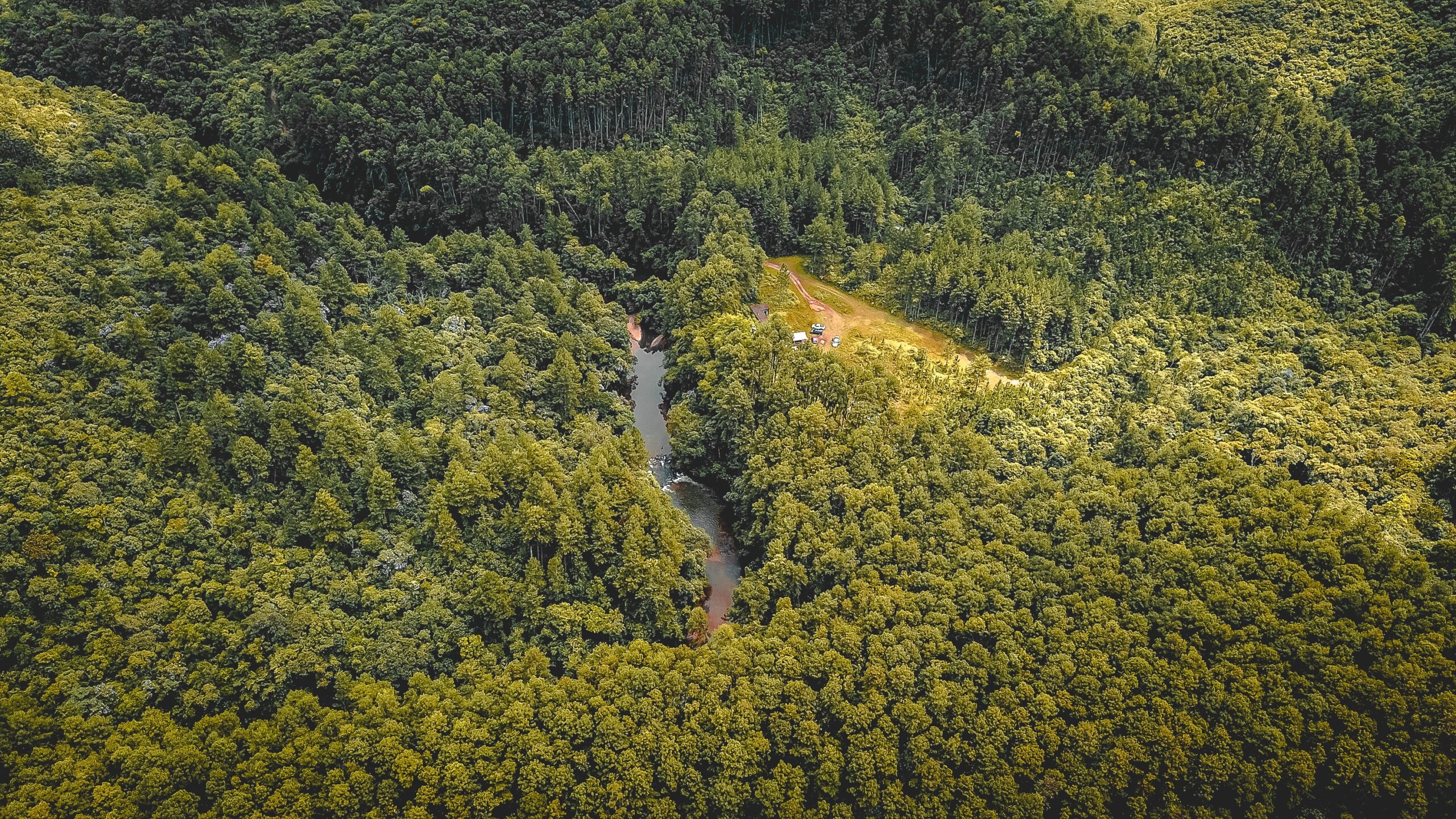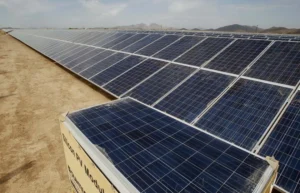One of the most significant impacts of the United Nations Framework Convention on Climate Change (UNFCCC) has been the establishment of a participatory process for Reducing Emissions from Deforestation and Forest Degradation (REDD+). We analyse the case of Brazil, the country whose land-use emissions from deforestation and forest degradation have declined the most. Through semi-structured interviews with 29 country policy experts – analysed in full text around 7 categories of activities that existing literature identifies as central elements of an effective governance system – we find weak links between the international REDD+ system and what actually happens on the ground inside Brazil.

Experimentalist governance in climate finance: the case of REDD+ in Brazil
- Post author:sdgpi
- Post published:Jan 5, 2019
- Post category:Research / SDG 13 / SDG 15 / SDG 17 / Sustainable Development Goals




